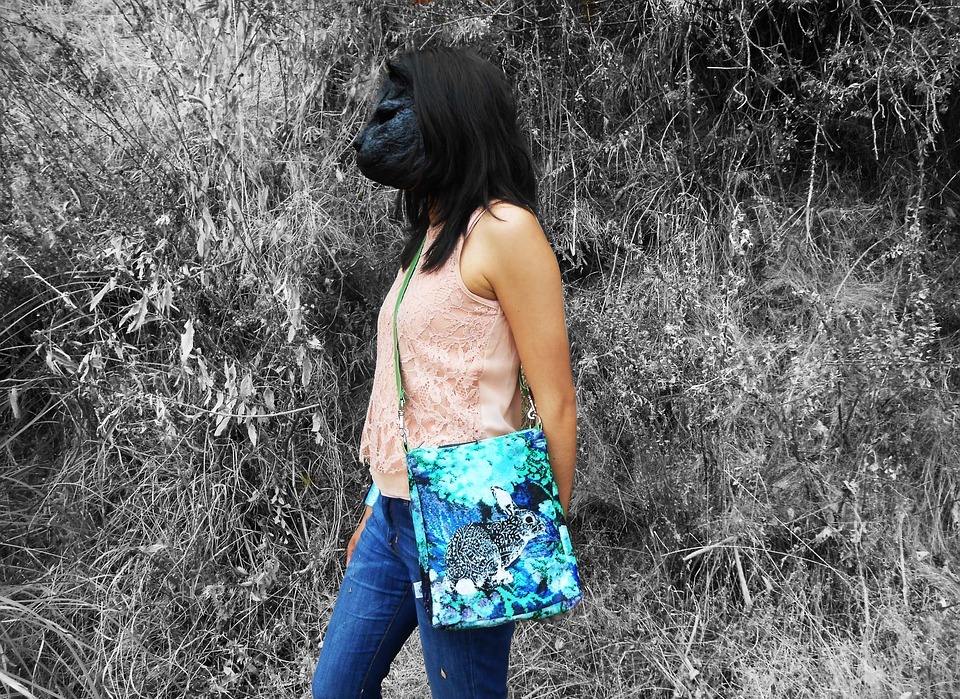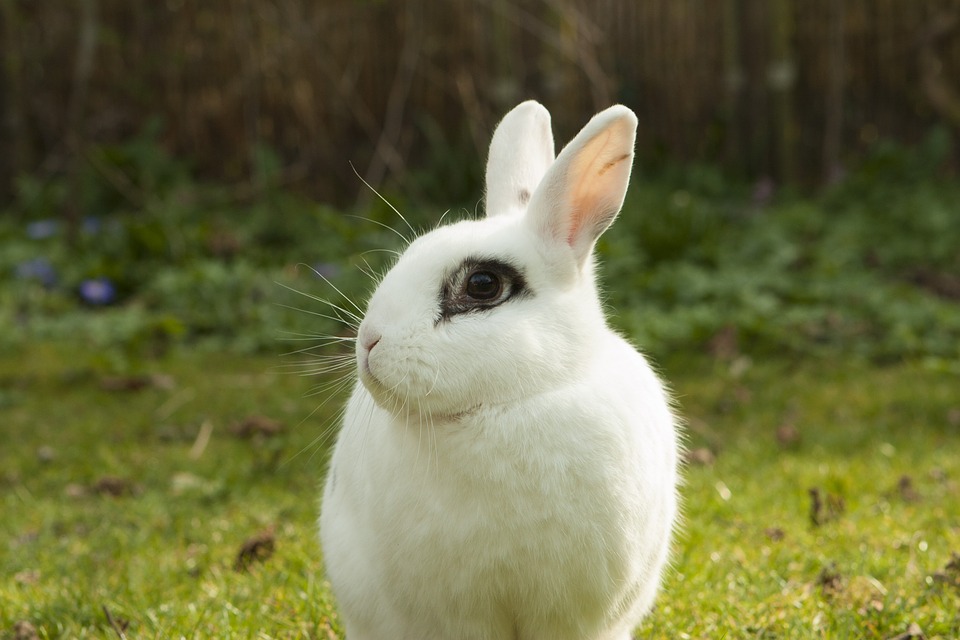This comprehensive guide explores the suitability of blackberries as a treat for rabbits, covering their nutritional value, potential risks, and safe feeding practices. We'll delve into the specific concerns associated with blackberry consumption for rabbits, address common questions, and provide actionable advice to ensure your furry friend enjoys this fruit safely and responsibly.
Part 1: The Nutritional Landscape of Blackberries

1.1. A Rich Source of Vitamins and Minerals
Blackberries are a treasure trove of essential vitamins and minerals that contribute to overall health and well-being. They are particularly rich in:
- Vitamin C: A potent antioxidant vital for immune function, collagen production, and wound healing.
- Vitamin K: Crucial for blood clotting and bone health, supporting calcium absorption.
- Manganese: An essential mineral involved in bone formation, metabolism, and wound healing.
- Fibre: Promotes digestive health, regulates blood sugar levels, and promotes feelings of fullness.
- Antioxidants: Protect cells from damage caused by free radicals, reducing the risk of chronic diseases.
1.2. The Role of Blackberries in Rabbit Nutrition
While not a primary food source for rabbits, blackberries can offer supplemental benefits when consumed in moderation.
- Dietary Variety: Blackberries introduce new flavours and textures to a rabbit's diet, encouraging a healthy appetite.
- Vitamin and Mineral Supplementation: Blackberries provide a valuable source of vitamins and minerals, contributing to a balanced diet.
Part 2: Navigating the Risks: Understanding Blackberry Consumption for Rabbits

2.1. Sugar Content: A Delicate Balance
Blackberries contain natural sugars, which, while not inherently harmful, can pose a risk to rabbits due to their delicate digestive system. Excessive sugar intake can lead to:
- Weight Gain: Sugar contributes to increased calorie intake, potentially leading to obesity and associated health problems.
- Dental Issues: Sugar feeds bacteria in the mouth, increasing the risk of tooth decay and dental complications.
- Digestive Upset: Sudden spikes in sugar levels can disrupt the delicate balance of the rabbit's gut flora, causing diarrhoea, gas, and other digestive discomforts.
2.2. Seeds and Stones: A Potential Hazard
Blackberry seeds and stones are not digestible by rabbits and can pose a serious health risk.
- Gastrointestinal Blockage: Undigested seeds and stones can accumulate in the digestive tract, leading to potentially life-threatening blockages.
2.3. Pesticides and Chemicals: A Hidden Danger
Commercially grown or homegrown blackberries may contain residues of pesticides, herbicides, or other chemicals. These substances can be harmful to rabbits and should be avoided.
Part 3: Safe Practices for Feeding Blackberries to Rabbits
3.1. Moderation: The Key to Safety
The primary rule for feeding blackberries to rabbits is moderation. Offering a few berries, no more than once a week, is considered safe.
3.2. Removing Seeds and Stones: A Vital Step
Before feeding blackberries to rabbits, it's essential to remove all seeds and stones. This can be achieved by carefully cutting the berries in half and removing the core.
3.3. Organic Blackberries: A Safer Choice
Whenever possible, choose organic blackberries, as they are less likely to contain harmful pesticide residues.
3.4. Gradual Introduction: Minimising Digestive Discomfort
Always introduce new foods to your rabbit's diet gradually, starting with a tiny amount and closely monitoring their response. If any signs of digestive upset occur, discontinue the new food.
3.5. Thorough Washing: Ensuring Cleanliness
Thoroughly wash all blackberries before feeding them to your rabbit to eliminate dirt, debris, and potential chemical residues.
Part 4: Alternative Treats: Expanding Your Rabbit's Dietary Options
While blackberries can be a fun treat, there are other safe and healthy options for enriching your rabbit's diet. These include:
- Apples (without seeds): A good source of vitamins and fibre, but offer only small, seedless pieces.
- Bananas (in moderation): Rich in potassium, but should be given sparingly due to their sugar content.
- Strawberries (in moderation): A source of vitamin C, but also contain some sugar, so moderation is key.
- Parsley (in moderation): A good source of vitamins and minerals, but should be given sparingly due to its oxalate content.
- Dandelion greens: A safe and nutritious treat, rich in vitamins and minerals.
- Timothy hay: The foundation of a healthy rabbit diet, providing essential fibre for digestive health.
- Fresh herbs: A variety of herbs like basil, cilantro, and mint can be offered in moderation.
Part 5: Monitoring Your Rabbit's Health: Detecting Potential Issues
Even when feeding blackberries in moderation, it's crucial to monitor your rabbit's health for any signs of adverse reactions. Be vigilant for:
- Weight Gain: Observe any signs of weight gain, which may indicate an excessive intake of sugary treats.
- Digestive Upset: Watch for diarrhoea, constipation, or other signs of digestive issues.
- Dental Problems: Monitor for any signs of dental problems, such as difficulty eating or excessive drooling.
Part 6: Addressing Common Concerns: A Guide to FAQs
6.1. Can I give my rabbit blackberry leaves?
While blackberry leaves contain some nutritional value, they are not recommended for rabbits. They can cause digestive issues and contain oxalates, which can be harmful in large quantities.
6.2. How often can I give my rabbit blackberries?
A safe rule of thumb is to offer a few blackberries, no more than once a week.
6.3. Can baby rabbits eat blackberries?
It's not recommended to give blackberries to baby rabbits, as their digestive systems are even more sensitive.
6.4. Are dried blackberries safe for rabbits?
Dried blackberries have a higher sugar content than fresh blackberries and are not recommended for rabbits.
6.5. What if my rabbit eats a large quantity of blackberries?
If your rabbit accidentally consumes a large amount of blackberries, monitor them closely for any signs of digestive upset. If they exhibit symptoms, contact your veterinarian immediately.
6.6. Are all types of blackberries safe for rabbits?
While all types of blackberries contain sugar and seeds, some varieties may be sweeter or have larger seeds than others. It's always best to choose a variety with a lower sugar content and smaller seeds.
6.7. Can I give my rabbit blackberries as part of their daily diet?
Blackberries should not be a regular part of your rabbit's diet. They are a treat and should be given in moderation.
6.8. What are the signs of a healthy rabbit?
A healthy rabbit exhibits a bright, alert demeanor, clear eyes, a shiny coat, and active movements. They should have a consistent appetite, normal bowel movements, and no signs of unusual behaviour or discomfort.
6.9. Is it better to offer fresh or frozen blackberries?
Fresh blackberries are generally preferred, as they retain their full nutritional value and flavour. Frozen blackberries can be a convenient option, but they may have a slightly altered texture. Ensure they are thawed completely before feeding them to your rabbit.
6.10. Should I remove the blackberry skin?
The skin of a blackberry is generally safe for rabbits, but it can be more difficult for them to digest. You can remove the skin, especially for younger rabbits or those with sensitive digestive systems.
6.11. Can I give my rabbit blackberry juice?
Blackberry juice is not recommended for rabbits due to its high sugar content. It can contribute to digestive problems and weight gain.
Everyone is watching
-

Do Rabbits Lay Eggs? (The Surprising Truth)
OTHER TYPES OF PETSThis article will unravel the common misconception that rabbits lay eggs, exploring the fascinating world of r...
-

What's a Group of Rabbits Called? (A Comprehensive Guide)
OTHER TYPES OF PETSThis article delves into the fascinating world of rabbits, exploring the various terms used to describe a grou...
-

Can Rabbits Eat Grapes? A Guide to Safe Rabbit Treats
OTHER TYPES OF PETSThis comprehensive guide will explore the safety and suitability of grapes for rabbits, providing detailed inf...
-

Predators That Hunt Rabbits: A Guide to Natural Enemies
OTHER TYPES OF PETSI've always been fascinated by the circle of life, that delicate dance between predator and prey. Growing up ...
-

Are Rabbits Nocturnal Animals?
OTHER TYPES OF PETSThe question of whether rabbits are nocturnal animals is a fascinating one, with a surprisingly complex answer...
